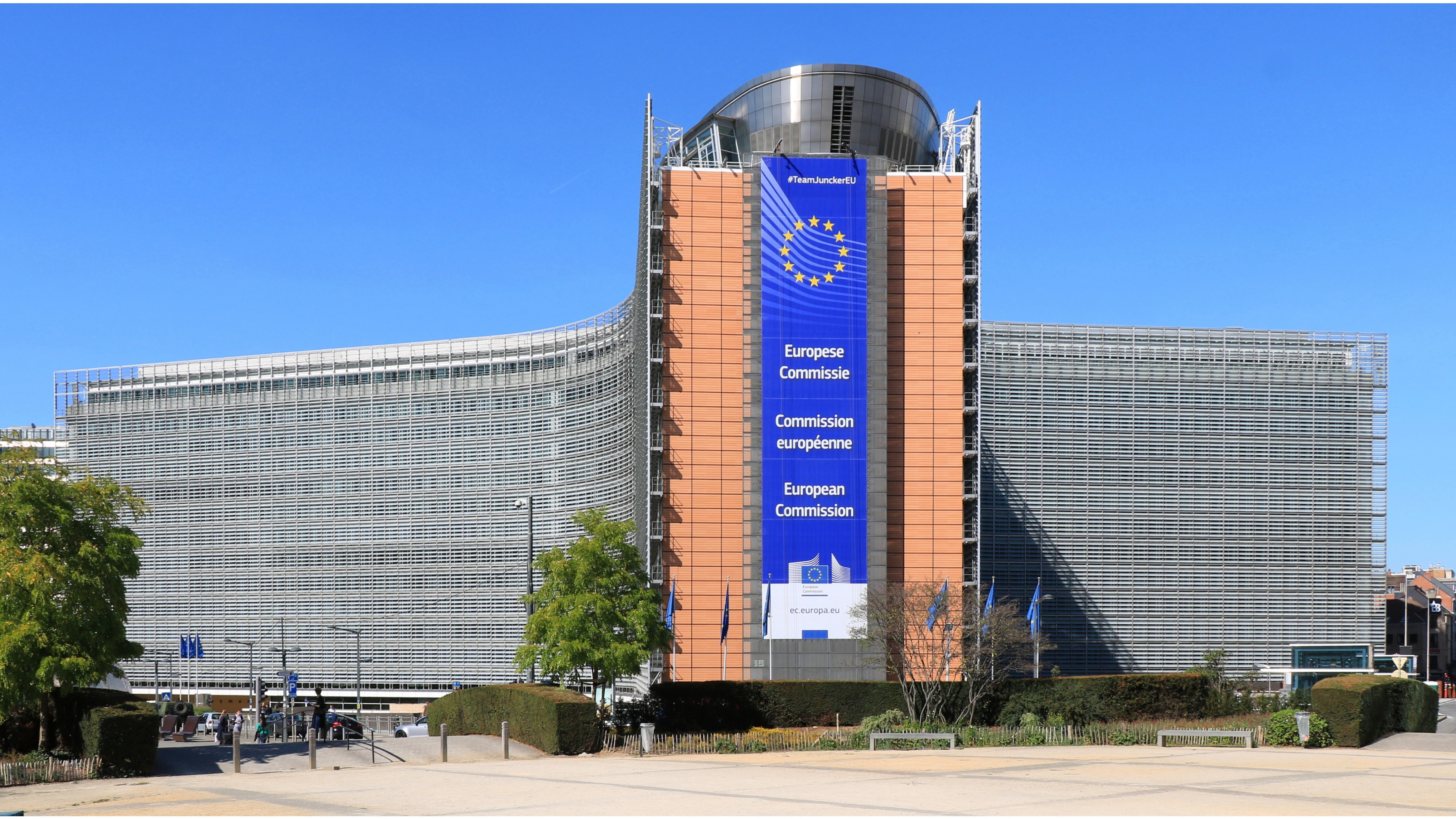The European Commission has rejected United States president Donald Trump’s warning that he may levy new tariffs and export curbs on countries whose technology policies he considers hostile to American companies.
In a post on Truth Social late on Monday, Trump said he would “impose substantial additional Tariffs” and restrict exports of technology and chips unless nations revoked “digital taxes, digital services legislation, and digital markets regulations” he deemed discriminatory.
Speaking in Brussels on Tuesday, Commission spokesperson Paula Pinho said rule-making was “the sovereign right of the EU and its member states to regulate economic activities on our territory, which are consistent with our democratic values”. She added that the bloc would not negotiate its digital statutes under external pressure.
Trump’s intervention came less than a month after he and Commission president Ursula von der Leyen announced a provisional trade truce at Turnberry in Scotland, capping most EU exports to the United States at a 15 per cent tariff rate. Brussels says the accord was intended to create “predictability and stability” and does not envisage extra duties.
Much of Washington’s criticism centres on the Digital Services Act (DSA), which obliges large online platforms to tackle risks such as misinformation and harm to minors, and the companion Digital Markets Act (DMA), which seeks to curb anti-competitive behaviour by so-called gatekeeper firms.
Gatekeepers are defined by the EU as companies that provide at least one “core platform service” (such as an app store, online search or social network) in at least three EU member states; have generated either €7.5 billion or more in annual EU turnover in each of the past three financial years, or achieved a market capitalisation (or equivalent fair market value) of at least €75 billion; or have recorded, during the most recent financial year, an average of at least 45 million monthly active end-users and 10,000 yearly active business users located in the EU for that core platform service.
Firms that satisfy these quantitative thresholds for three consecutive years are presumed gatekeepers, although the Commission may still apply a qualitative assessment. The designated gatekeepers list currently include Alphabet, Amazon, Apple, Booking, ByteDance, Meta and Microsoft – and their respective core platform services such as social media platforms TikTok and Instagram, or web browsers including Chrome and Safari.
Commission spokesperson Thomas Regnier argued the rules are neutral. “The DSA does not look at the colour of a company, at the jurisdiction of a company, nor the owner of a company,” he told reporters, noting that recent enforcement actions targeted AliExpress, Temu and TikTok rather than US groups.
Sabine Weyand, the Commission’s director-general for trade, reiterated the position at a conference in Alpbach. “We have always been very clear, our regulation is nondiscriminatory and we will apply it as decided by our democratic institutions. That is not up for concessions or negotiations with other countries,” she said.
Diplomats fear fresh tariffs could jeopardise wider transatlantic cooperation on defence, energy and climate. For now, both sides maintain that dialogue will continue, even as their public rhetoric hardens.





